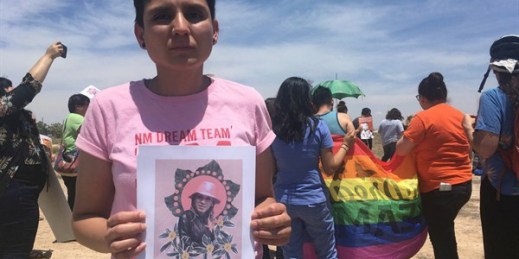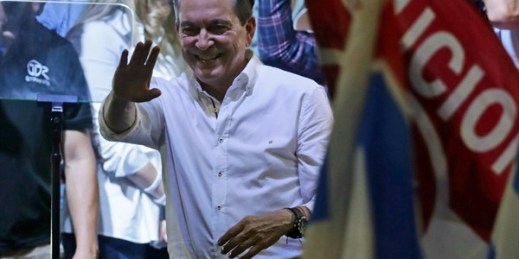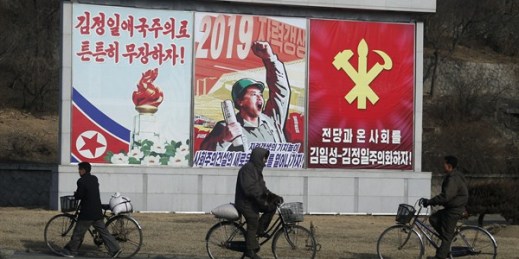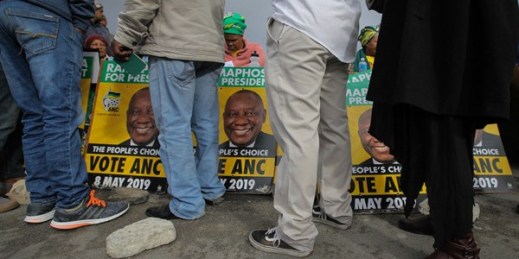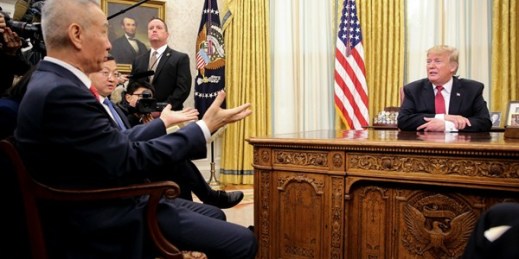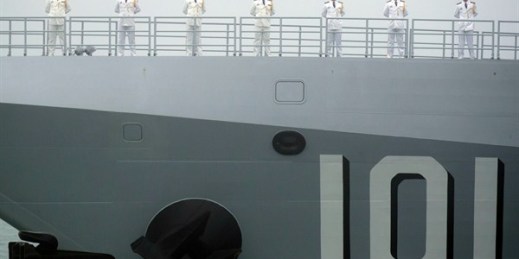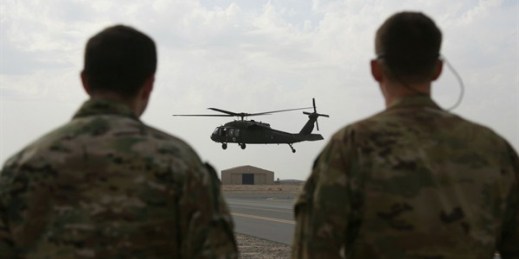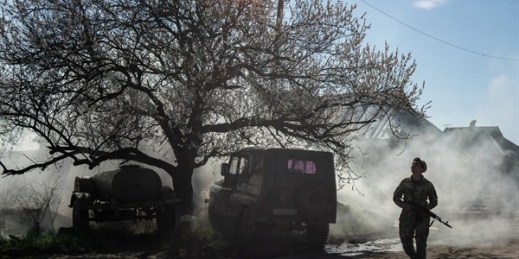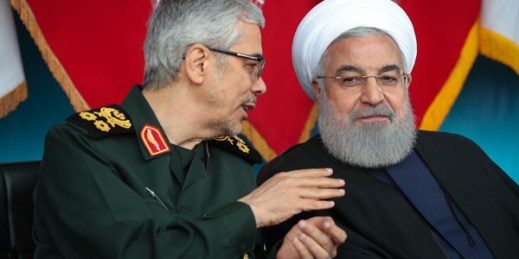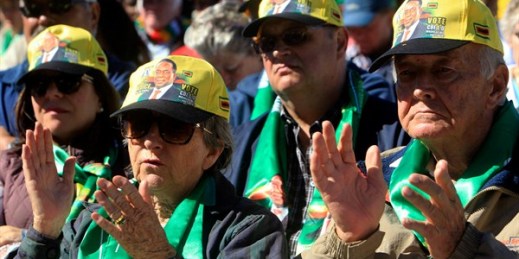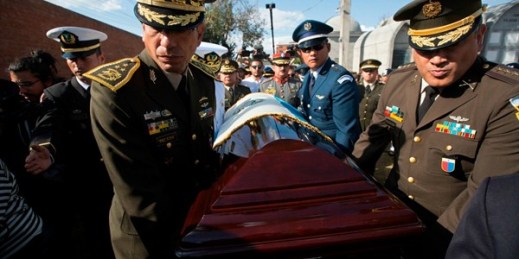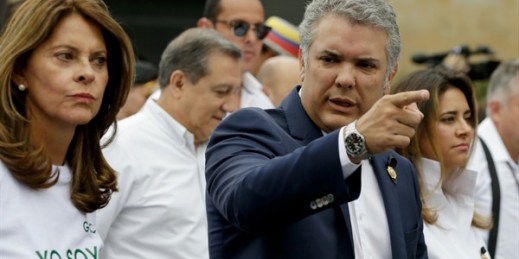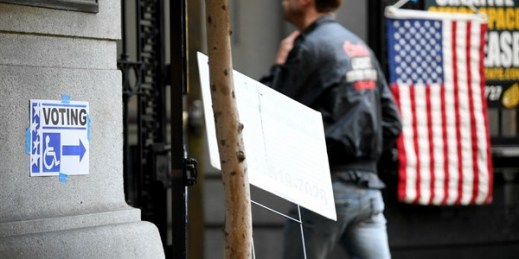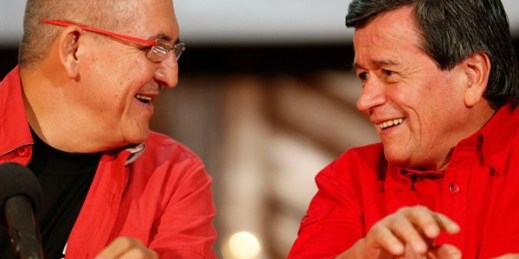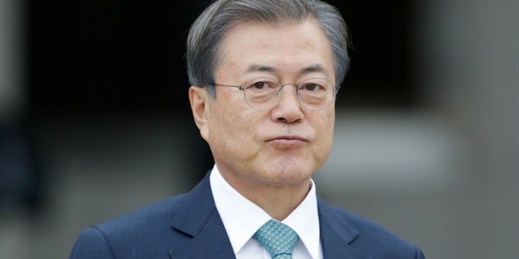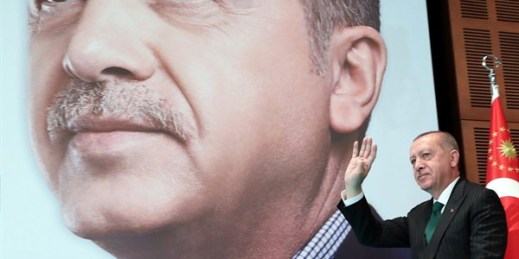
ISTANBUL—After 17 years in power, Turkish President Recep Tayyip Erdogan and his governing Justice and Development Party, the AKP, face perhaps their toughest test yet. Voters in Istanbul will head to the polls again on June 23 to elect a mayor for the second time in three months, after Turkey’s Supreme Election Council controversially canceled the results of the March vote, which the opposition narrowly won. The Supreme Election Council cited irregularities, backing a complaint brought by Erdogan and his party. All 11 of the board’s members were appointed under Erdogan’s government. Just as the opposition’s surprising win in Istanbul […]

